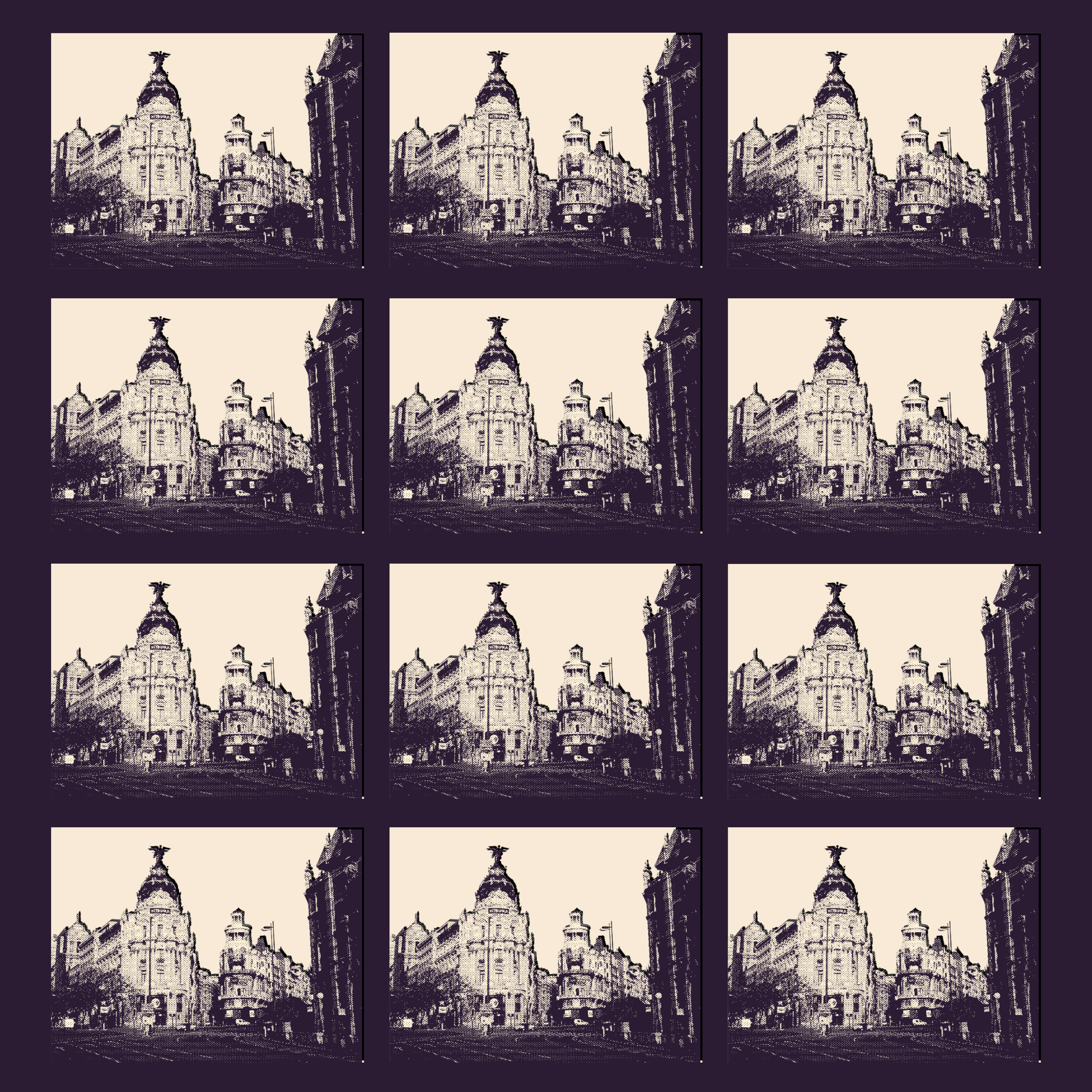The Place of Politics in Music: A Spanish Case Study
By: Ellie Crosbie
What does our music taste reveal about us as people? The phrase "the eyes are the window to the soul" is often heard, but perhaps we should include a person’s Spotify Wrapped in that statement.
Music has long been recognised by psychologists as playing a fundamental role in the development of human identity, serving not only as a potent form of self-expression but also as a platform through which community and belonging can be fostered. In the past, one of the most powerful ways this has manifested itself is through widespread political movements (the angry punks of the seventies spring to mind). But even genres that aren’t expressly ‘political’ in nature can be found appealing to certain demographics within the political spectrum precisely because of the cultures and people that accompany them. One illustration of this phenomenon can be found in Madrid, where two pillars of the nightlife market - reggaetón and techno - find themselves increasingly at odds with each other.
Reggaetón music has left an indelible mark on the Spanish cultural landscape, taking over every radio station in the country and even surpassing some of the biggest English-language artists in terms of chart success. Credited with being the driving force behind the explosion of the Latin music market worldwide, which was estimated to be worth $866 million in 2021, it tends to dominate most clubs and bars around the city given its commercial popularity. On the other side of the spectrum, the city more than pulls its weight when it comes to the promotion of the electronic music scene. Spain has historically been a primary exporter of techno talent, with pioneers such as Óscar Mulero adding a distinctly Iberian flair to the harder, faster sound emerging from Berlin and the UK. Today, Spain boasts an array of artists who are in high demand at some of the most important festivals and clubs around the world (including Mulero’s own label, PoleGroup) and the demand for electronic music in the city’s capital is more fervent than ever.
The link between politics and music is rarely articulated or perceived in explicit terms, despite being something that is understood by many on a subconscious level. But in Madrid, it couldn’t be more overt. My friend, a regular club-goer in the capital, described to me a “socio-economic divide between the liberal middle classes and the conservative wealthy elite,” reflected symbolically through music choice. He went on to explain that the youth of Madrid are aware their choice of genre when it comes to nightlife is as much a reflection of political identity as it is of musical preference; much like it was in the UK during the Oasis/Blur rivalry of the 1990s. Liberals tend to prefer the city’s techno clubs, while more traditional conservatives are more drawn to reggaéton. The mayoral preferences of my friend's peers evidenced this split to an astonishing degree – those who exclusively frequented the reggaetón clubs all planned to opt for the right-wing, conservative candidate (José Luis Martínez-Almeida of the People’s Party) while those more interested in the techno scene favoured a more left-wing, liberal candidate (Rita Maestre of More Madrid-Greens Equo). The divide is so deeply entrenched that neither group is particularly interested in bridging the gap or socialising with the other.
It might be easy to assume that, when it comes to genre, personal enjoyment would transcend political division. While political ideology is often so deeply rooted within us that it can feel hard-wired into our DNA, music preference at least presents us with the illusion of choice (or rather, a ‘skip’ button) and is regarded as an expression of our personal identity rather than solely a reflection of our social background. However, the rivalry between reggaetón and techno scenes in Madrid is an unusually obvious display of the relationship between politics and music overlapping. Given that the music scene is demonstrably linked with the political preferences of young people in the city, it is interesting to think about the wider societal implications that music preference can have, and in turn the extent to which our social circles inform our political identities. Certainly if the above example is anything to go by, it is quite a lot.
Examining the musical divide in Madrid also presents us with the opportunity to consider what aspects of our cultural environment permeate one another, and indeed, whether it’s possible at all to separate facets of our identity such as age, gender, class, and personality from our individual self-expression. So, perhaps it might be worthwhile to take a closer look at what your playlists reveal about your beliefs. Even if you aren’t actively spamming your social media followers with political ramblings, Spotify certainly has more than enough insight into your preferences and views – you might just not be aware of it yet.

